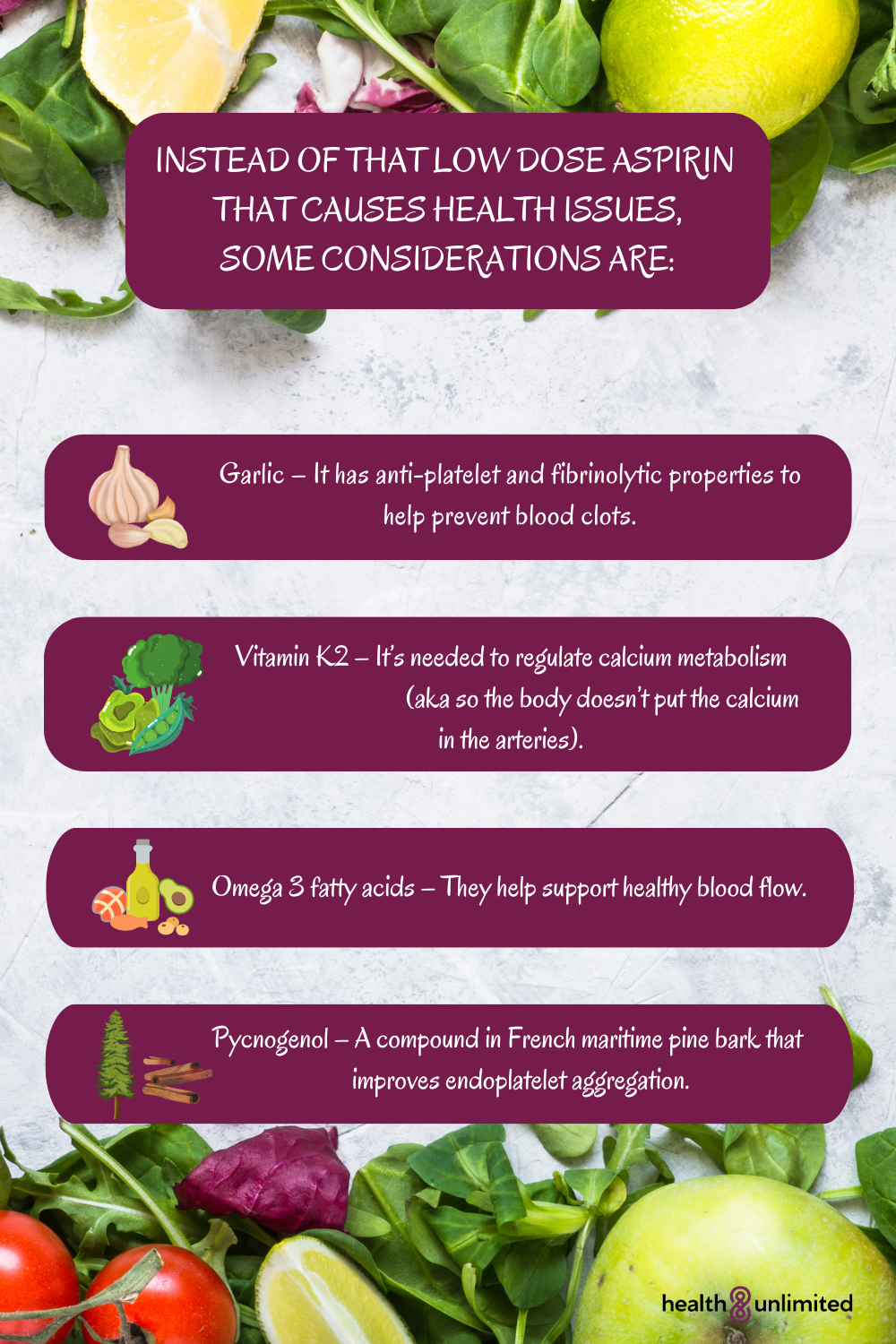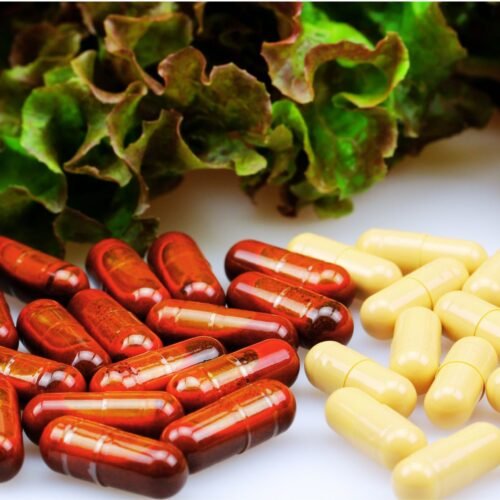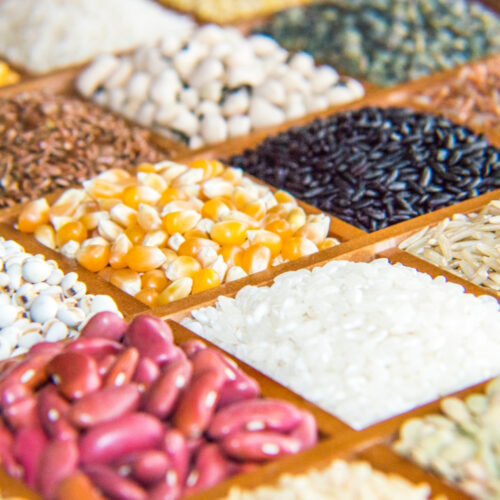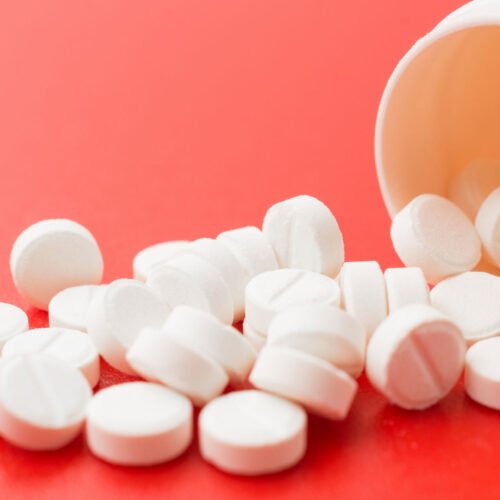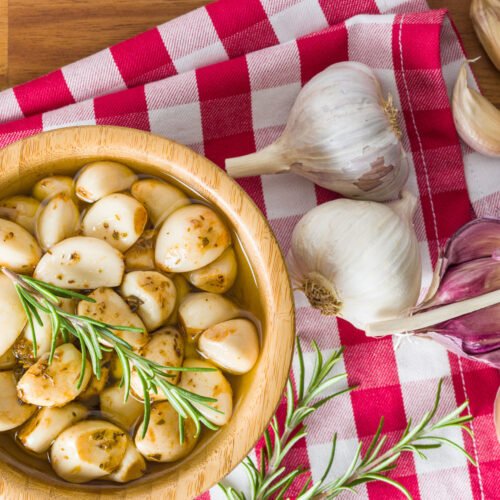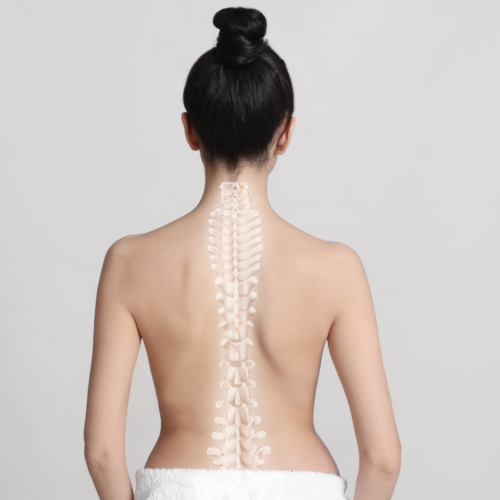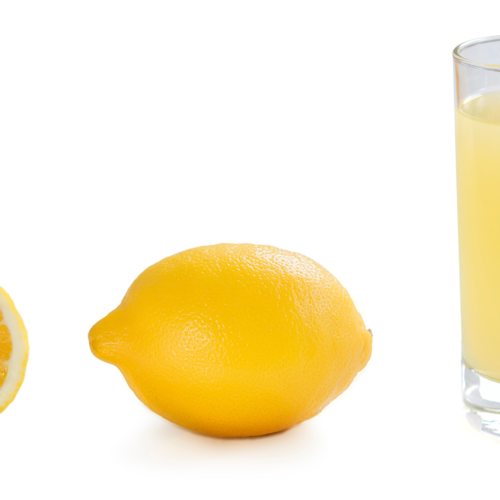There’s a little, pervasive belief that I keep crossing paths with that really needs to end.
Ok, there are many of those, but in this case I’m talking about daily low dose aspirin.
All the pain killers come with big issues, but aspirin keeps being recommended for daily use.
The short of it is this:
- Low dose aspirin increases the risk of gastric and duodenal ulcers
- It has also been linked to heightened risk of severe bleeding complications
- That increased bleeding risk was both in the gastrointestinal tract and the brain
This brings me to several important points:
- Using a medical “prevention” that leads to a slew of other medical issues is less than ideal.
- When the medical “prevention” is problematic, that does NOT mean you should do nothing.
- Health will always be a multifaceted approach.
That daily low dose aspirin is supposed to be for cardiovascular health, right?
Well, for cardiovascular health, as with all health, we need to work on:
- Good sleep – 8 hours for adults
- Proper nutrition – that means no processed junk, GMOs, pesticides, eating all day long, etc.
- Getting exercise – being active throughout the day is ideal, along with finding which movement resonates for you
- Decreasing stress – this involves everything from eliminating nutrient deficiencies, to how you manage your day to day, having tools that help you let go of stress / deal with tough situations
- Decreasing EMF exposure – the manmade kind is nothing like natural EMFs, and all the devices we use bombard us with them (as do the towers for them etc)
- Having community – this is a biggie for all health, especially the heart
- Detoxing heavy metals and chemicals (heavy metals like accumulating in the heart)
There are natural supplements that can help you with cardiovascular health as well (and again, health can’t only come from a bottle, the above steps are still needed).
Instead of that low dose aspirin that causes health issues, some considerations are:
- Garlic – it has anti-platelet and fibrinolytic properties to help prevent blood clots
- Vitamin K2 – it’s needed to regulate calcium metabolism (aka so the body doesn’t put the calcium in the arteries)
- Omega 3 fatty acids – they help support healthy blood flow
- Pycnogenol – a compound in French maritime pine bark that improves endothelial function and inhibits platelet aggregation
A word of caution, though:
The garlic is complete, so taking it alone as a supplement is ok.
The vitamin K2, omega 3’s, pycnogenol need to be in complete supplements, not in isolation. As in, the supplement should have a complete ingredient list, where the other needed compounds are all included (like the DV3 from Systemic Formulas is a perfect example for K2).
Big picture, cardiovascular health is 100% important…
…. but if we use something that is supposed to “help” and that simultaneously wrecks other systems… that isn’t the right direction to take.



